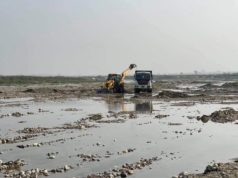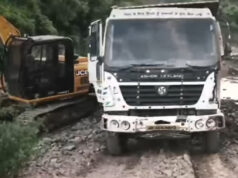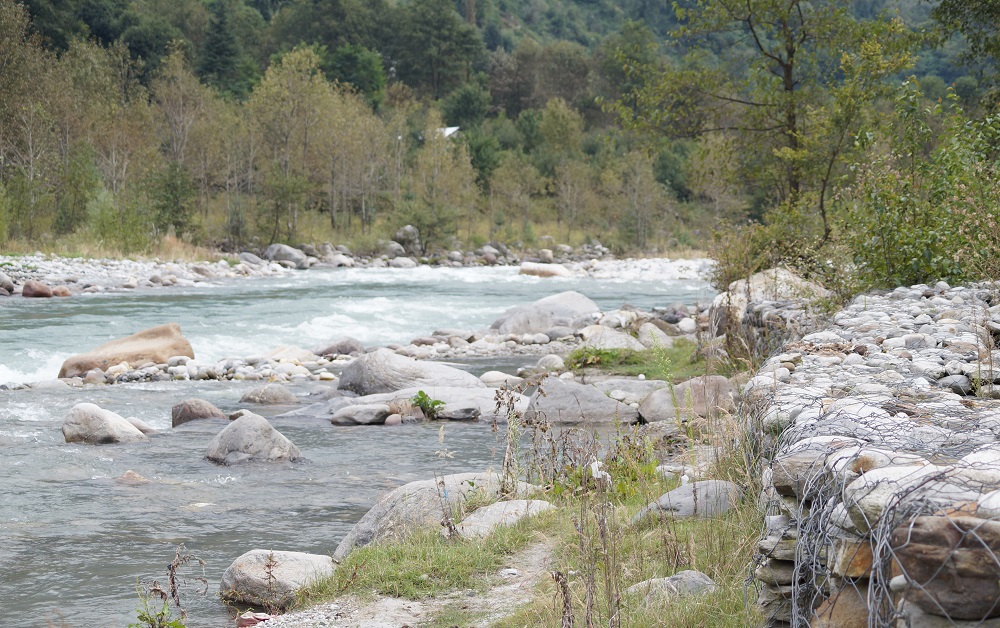The Himachal Pradesh government has implemented a new set of fees on mining activities, which are expected to drive up the prices of essential construction materials like sand and gravel. The newly introduced charges—milk cess, electric vehicle (EV) fee, and an online charge—have been imposed as part of amendments to the Himachal Pradesh Minor Mineral Concession and Prevention of Illegal Mining, Transportation and Storage of Mineral Rules. These changes took effect on Friday after the official notification was issued.
Under the revised rules, mining operators will now be required to pay an additional Rs 5 per tonne as an online fee, Rs 5 per tonne as an EV fee, and Rs 2 per tonne as a milk cess on their leases. Furthermore, a processing fee of 75% of the royalty will also be levied. Surface rent for mining on government land has been set at Rs 50,000 per hectare, as the state aims to regulate mining more effectively and boost revenue.
Impact on Construction Material Prices
With these new fees in place, the cost of raw construction materials is anticipated to rise, as crusher operators may pass on the additional expenses to consumers. This could significantly impact the prices of sand, gravel, and other materials used in building projects, placing a financial burden on the common people.
“These amendments are essential for increasing revenue and promoting the use of scientific technologies in mining, but the cost increase could affect construction activities,” an official stated.
The state government hopes that these new regulations, including the stricter monitoring of mining leases, will help combat illegal mining and enhance environmental protections. However, concerns are growing about the rising construction costs, which may have a direct impact on ongoing and future infrastructure projects.
Additional Fees and Charges
In addition to the new cess and fees, the government has introduced several other charges related to mining activities. The application fee for renewing mining leases has been set at Rs 25,000, while mining with machines in riverbeds up to 10 hectares will now incur a fee of Rs 50 lakh for two years, along with a Rs 25 lakh security deposit. On hill slopes, the application fee for mining up to 5 hectares has been fixed at Rs 5 lakh for five years, with a security deposit of Rs 2 lakh.
Operators using heavy machinery, such as an 80-horsepower backhoe, will now pay an application fee of Rs 12 lakh, with a security deposit of Rs 2.50 lakh. The transfer of mining leases will cost Rs 2.50 lakh, while fees for lease transfers through auctions have been set at Rs 5 lakh for up to 5 hectares.
Other charges include Rs 25,000 for changes to the mining plan, Rs 5,000 for filing an appeal, and Rs 20,000 for joint inspections of stone crushers. The permanent registration fee for stone crushers has been set at Rs 25,000, with a dealer registration fee of Rs 2.50 lakh and an equivalent amount as the security deposit.
Stricter Regulations for Environmental Protection
The new rules emphasize the promotion of scientific technology in mining and a stronger focus on environmental protection. By regulating mining activities more stringently, the government aims to strike a balance between economic growth and sustainability. While these changes may increase the cost of construction materials, officials argue that they are necessary to safeguard the environment and prevent illegal mining.
With the new policies in place, the Himachal Pradesh government is also hoping to increase its revenue while encouraging responsible mining practices across the state. However, as the new fees come into effect, the financial impact on construction projects and the common public is yet to be fully assessed.












